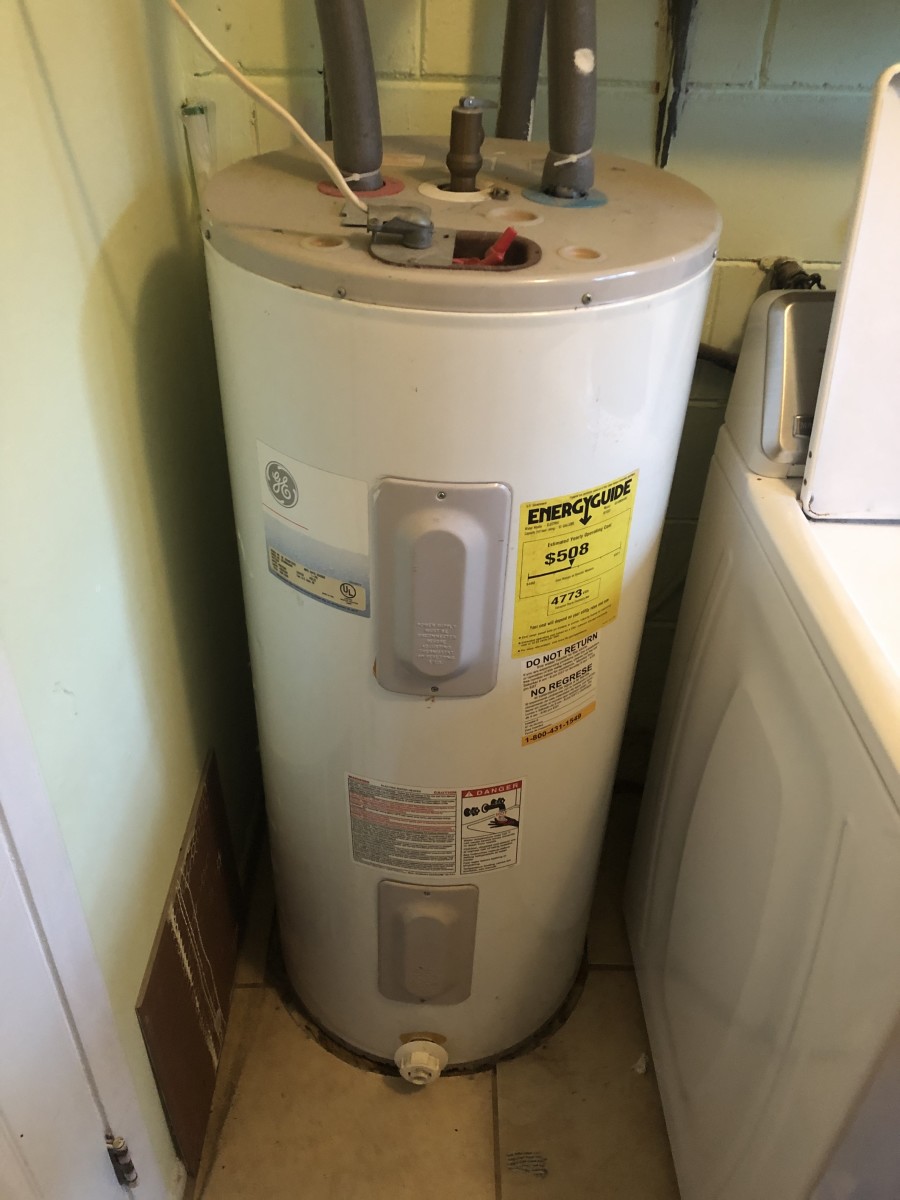Crucial Protocols for Homeowners Facing Problems with Faulty Heating Units
Crucial Protocols for Homeowners Facing Problems with Faulty Heating Units
Blog Article
Just about every person seems to have their personal piece of advice on the subject of Water Heater Burst.

Whether it is located in the basement or a separate room, broken water heating units can trigger stress and anxiety. Having no warm water supply is likewise problematic.
Shut Down Power Source
Prior to calling the plumber, turned off a gas water heater by transforming the temperature level dial. This is typically located on top of the thermostat. If you have a design that runs on electrical power, switch off the circuit breaker. This will protect against electrocution, particularly if there is a leakage as water is a conductor. Commonly, the heating element shuts off when the water hits a certain temperature level. However with a busted tank, it may malfunction. Cutting it off ensures you stay risk-free.
Cut Off the Cold Water Supply
Cut off the containers tap water supply from the resource. When your tank is in great problem, the cold water quits filling up when the container is complete. If you can not find it or reach it, you should turn off that primary water supply line outside your home.
Call the Plumber
After doing the very first two safety and security actions, you must call your plumber ahead as soon as possible to fix a fractured water heater. Bear in mind that your device will certainly not simply conk out dramatically overnight. There are usually indicators that your aging water heater has sediment buildup in the inside. Bear in mind of the following:
Rather, as soon as you spot these indicators, have actually an expert come to examine your water heater give thanks to. Commonly, water heating systems have a life-span of about 8 to 12 years.
Tidy up Home
After calling the plumber, document damages by remembering as well as photos so you can claim your homeowner's insurance coverage. From there, begin the immediate clean-up. Take out any kind of important belongings to avoid more saturating. Get rid of any standing water to avoid mold and mildew and also mold development. If you have a submersible water pump, use that to drain the water. Otherwise, the conventional bucket method will certainly additionally function. Attempt to mop out whatever, including walls and baseboards. Keep them running to maintain air flowing if you have an electrical follower and also dehumidifier. This will certainly help discourage mold and mildew growth.
Bear in mind, if you notice any kind of concerns with your water heating system, call the pros right away. You can not take this trouble lightly because a faulty thermostat can elevate water temperature to a dangerously high level, leading to unintended burns.
Whether it is situated in the cellar or a separate area, busted water heating systems can cause stress. Prior to calling the plumber, closed off a gas water heating unit by transforming the temperature level dial. After doing the very first 2 security steps, you must call your plumber to come right away to deal with a burst water heating system. If you have a submersible water pump, use that to drain the water. Remember, if you observe any type of problems with your water heating unit, call the pros right away.
When You Should Turn off Your Water Heater
When the main water supply is shut off
There are many circumstances in which the main water supply is turned off. When this happens, many homeowners wonder if it’s safe to keep the water heater on of it should be shut down too.
In most cases, it may not be necessary to turn off the water heater, but it also won’t hurt, either. However, there are two reasons when you should turn off the unit to prevent too much pressure or heat from building up inside the tank:
When there’s a leak
If your water heater springs a leak due for a variety of reasons, including age or a valve malfunction, you should always turn off the unit and shut off the water supply until the issue is resolved.
https://www.libertyplumbingheatingandair.com/blog/when-you-should-turn-off-your-water-heater/

I am just very fascinated with Broken Water Heaters and I'm hoping you appreciated the new article. Do you know somebody else who is fascinated with the niche? Feel free to promote it. I praise you for your time. Please check up our blog back soon.
Book Report this page